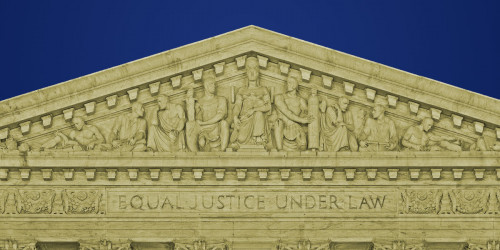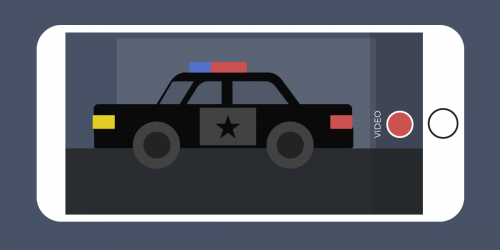The decision faced by dictators to shut off the Internet (and risk economic loss) or keep their citizens online (and risk an Internet-assisted revolt) has been referred to by some as the "dictator's dilemma." In the case of Sudan, where anti-austerity protests have been raging for five days and calls to overthrow the regime have been reported, the dictator's decision is made a bit easier by the fact that only about one in ten citizens has access to the Internet.1
Thus far, there is only speculation as to whether or not the Sudanese government has shut down--or might shut down--communications networks. As reported by Global Voices, Sudanese activists and journalists in the country have heard rumors of an impending shutdown. In preparation, Twitter users in the country have been sharing the numbers for Speak to Tweet, the service that was created during the Egyptian uprising in January 2011 that allowed individuals on the ground to call a number and leave a message which was then tweeted to the public.
Also bolstering the rumors is the fact that authorities have arrested several journalists and activists over the past few days. Among those that have been detained are Maha El-Sanosi, a blogger with Global Voices (who has since been released) and a citizen journalist named Usamah who has been active on Twitter for years under the name @Simsimt. Usamah was arrested shortly after an appearance on the television program Al Jazeera Stream and his whereabouts remain unknown.
In addition to rumors of an Internet shutdown, there is also speculation that authorities are using technology to track activists and journalists. In 2011, authorities reportedly set up a Facebook page calling for protest, then used it to entrap and detain activists. There have also been reports over the past year of authorities demanding--or torturing for--the Facebook and email passwords of detainees.
As the protests continue, citizen journalists are using social media to disseminate photos, videos and news from the ground.
EFF will be keeping a close eye on developments; in the meantime, we urge activists and journalists to take security precautions when using digital communications tools. Our Surveillance Self-Defense International report provides tips on how to use technology defensively to protect oneself from government surveillance.
- 1. According to the most recent data from the International Telecommunications Union, Sudan's Internet penetration rate was 10.8% in 2010.










